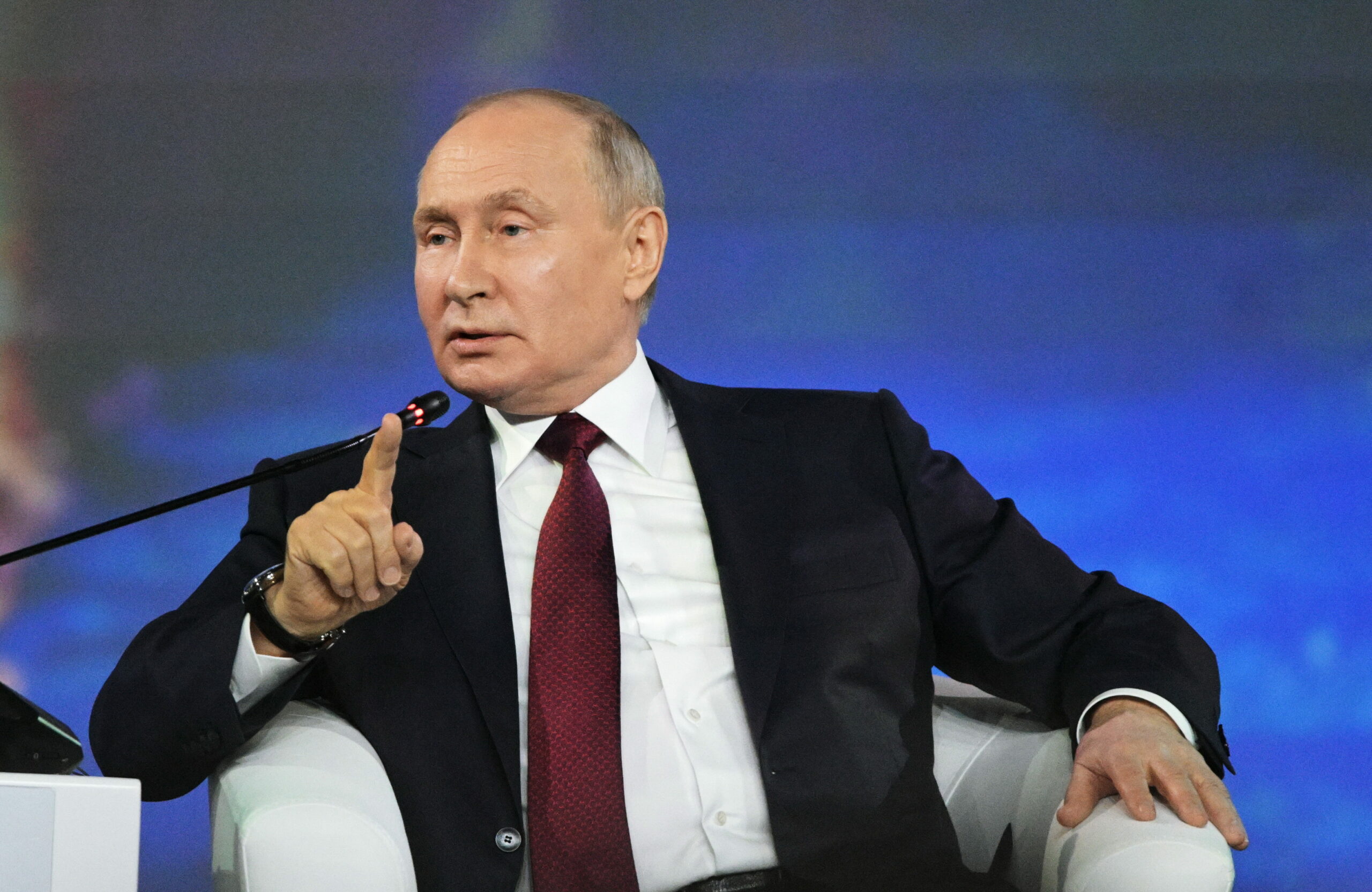Why hasn’t America banned the import of uranium from Russia yet?

The United States is trying to become independent from Russian uranium (used in American reactors): a bill in Congress wants to ban its import, while the Biden administration encourages the development of highly enriched nuclear fuel. All the details
The United States wants to get rid of Russia's burden on its nuclear energy sector. Last month, in fact, the American House of Representatives approved a bill – the Prohibiting Russian Uranium Imports Act – which bans imports of Russian uranium. To come into force, however, the proposal will also have to receive the approval of the Senate and be signed by President Joe Biden.
At the same time – this is news from a few days ago – the Department of Energy has announced that it is accepting applications from companies interested in the creation of a national supply chain of HALEU, a type of uranium enriched to higher levels than the conventional one and necessary for the powering a new type of small-scale reactors .
WHAT THE PROPOSAL LAW PROVIDES
As for the ban on Russian uranium, the proposal could have repercussions on US nuclear power plants because Moscow is an important supplier of this fuel: in 2022 Russia supplied 12 percent of the uranium used in American reactors, according to data of the Energy Information Administration. Precisely for this reason, Washington has not so far banned purchases of Russian uranium after the invasion of Ukraine, while it has banned purchases of oil.
To protect the continuity of energy generation and national security, then, the bill provides exemptions for the import of low-enriched Russian uranium if the Department of Energy determines the absence of alternative suppliers at a given time. These exemptions will last until 2027, but the permitted import volumes will gradually reduce.
THOSE PUSHING FOR THE RUSSIAN URANIUM BAN
It is estimated that the Prohibiting Russian Uranium Imports Act will cause a 13 percent increase in the price of nuclear fuel for American reactors, reducing their operating margins. However, the political push for separation from Russia is strong. Beyond the desire to deprive the Kremlin of a significant source of revenue, Republicans think that relying on Moscow for uranium represents a risk to America's industrial capabilities.
Furthermore, at one time the United States dominated the market for the enrichment of this element, but the sector entered into crisis following a 1993 agreement with Russia for the purchase of low-priced raw materials; an agreement that destroyed the profitability of American trials.
HOW MUCH IS RUSSIAN URANIUM WORTH THE AMERICANS
Russia is a major supplier of uranium to American nuclear power plants, but it is not the first. As mentioned, in 2022 American plants imported approximately 12 percent of the uranium consumed by Russia, however surpassed by Kazakhstan (25 percent) and Canada (27 percent). Domestically produced uranium was worth only 5 percent.
THE (ANTI-RUSSIAN) EFFORTS FOR THE HALEU
As regards HALEU, the nuclear fuel with a high enrichment rate necessary for modular reactors, in this case too the efforts to build a national supply chain are driven by a desire to distance itself from Moscow: to date, in fact, the The only company marketing it is TENEX, part of the Russian state company Rosatom.
The Department of Energy can count on funds of around 500 million dollars (coming from the Inflation Reduction Act ) to support the production of HALEU. The development of the fuel is intimately linked to the development of new reactors by companies such as TerraPower, which had to postpone the start date of one of its projects in Wyoming due to the unavailability of the raw material.
The only U.S. company currently holding a license to produce HALEU is Centrus Energy, which is supplying it in small quantities to the Department of Energy for demonstration purposes. Another possible candidate could be the European Urenco (a British-German-Dutch consortium), but there are no certainties.
This is a machine translation from Italian language of a post published on Start Magazine at the URL https://www.startmag.it/energia/perche-lamerica-non-ha-ancora-vietato-limport-di-uranio-dalla-russia/ on Mon, 15 Jan 2024 14:03:38 +0000.
